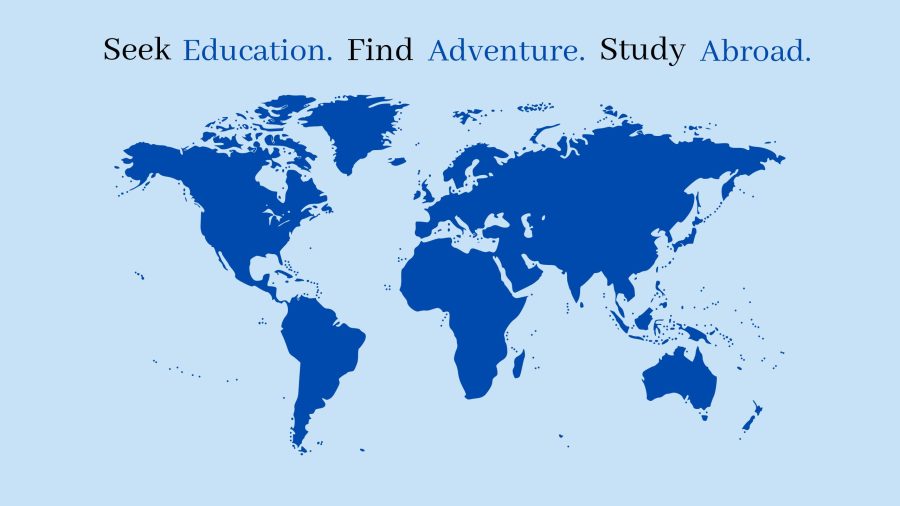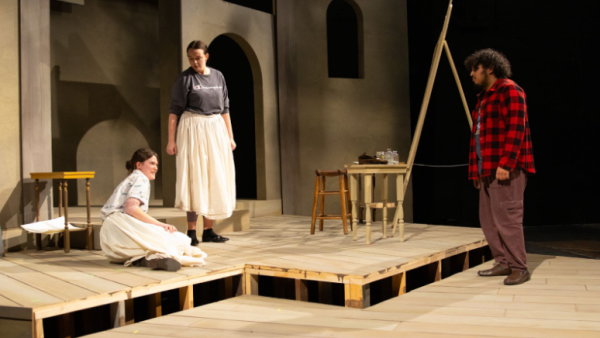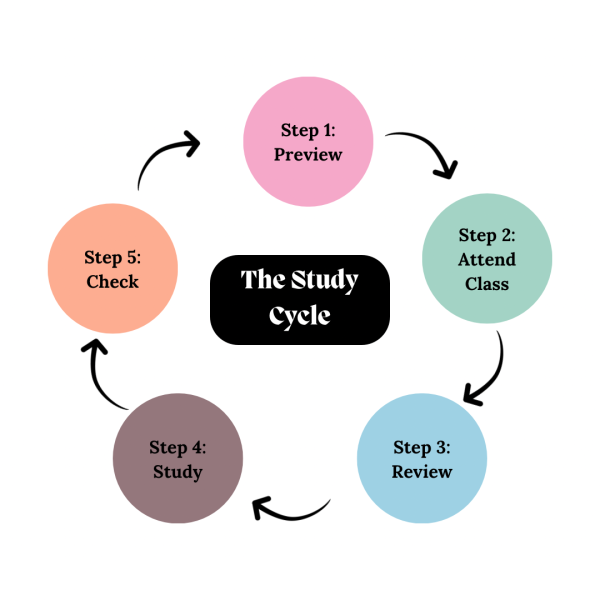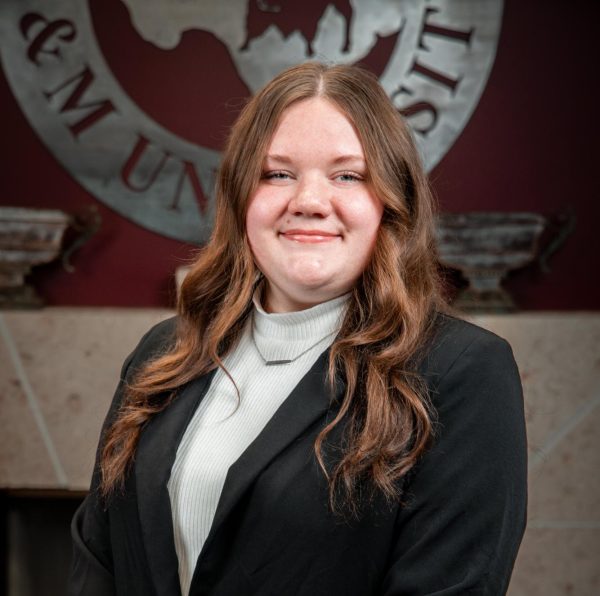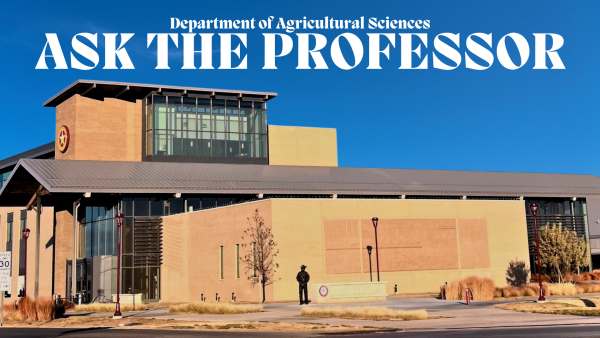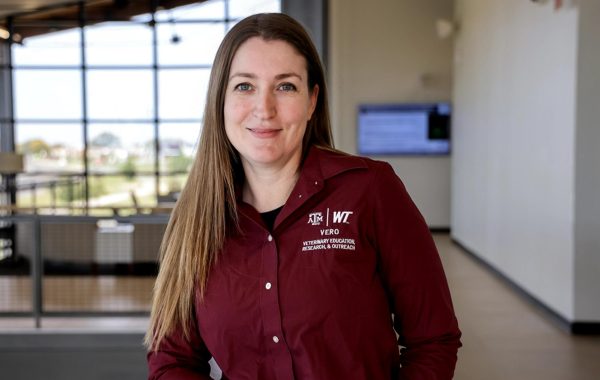The benefits of studying abroad
On Nov. 10, 2022, 20 West Texas A&M University students who are a part of Sybil B. Harrington College of Fine Arts and Humanities and the Paul Engler College of Agriculture and Natural Sciences departed for a 13-day trip to Cape Town, South Africa, to develop several community improvement projects.
Among the 20 students is Dr. Enyonam Osei-Hwere, associate professor of media communication, and Dr. Brock Blaser, assistant department head and professor of Plant Science, as well as WT’s Vernon Harman Professor of Dryland Farming.
Throughout the trip, the students will partner with four Cape Town schools to give new books for schools, build community gardens for women living in safe houses and develop market projects to benefit the community. As honorable as this dedication to developing Cape Town and providing resources will be, it is essential to understand why study-abroad trips occur and how other countries evolve from these acts of kindness.
“Overall, I learned a lot more about myself in that one semester than I did in the three and a half years in my home school because of the unique space in which I learned, experienced, and spent exploring another culture,” said Carolyn Valtos, Institute for the International Education of Students Adelaide.
Studying abroad allows participants to travel, experience unfamiliar cultures and gain perspective. Studying abroad allows participants to travel, experience unfamiliar cultures and gain new perspectives. Students and staff learn to understand different ways of life and promote understanding and tolerance. Those studying abroad acquire global skills and access personal and professional opportunities.
Cape Town, South Africa, is quite a wonderful place to adventure. While Cape Town is primarily a port city in South Africa, it is a sub-Saharan African business hub for industry and innovation. Distinctively as the second largest municipal economy, it offers everything necessary for sustainable economic growth. However, there is always room for growth.
Cape Town lacks several standards of everyday necessities. In most towns surrounding Cape Town, there is a lack of hospitals, police stations, formal settlements, proper education and employment opportunities.
Regarding the WT students’ journey to give new books, build community gardens and develop market projects, Cape Town will be given resources to prosper the city further.
Due to the impoverished education system, the gift of books will allow children and adults to develop their reading abilities and climb the socioeconomic ladder to escape poverty and build their intellectual knowledge.
Building community gardens allow the city to revitalize its neighborhoods affected by the urban reduction, create social networks and reduce barriers to healthy food. Especially considering the primary idea is based around women living in safe houses, the community gardens will provide these women with friendships during their isolation.
The development of market projects will work towards benefiting the community in several ways. While the types of market projects the students will be working on are currently unknown, market projects can manage consumer spending and business investment. They can also deregulate rules imposed on businesses and ensure tax cuts that promote economic growth.
The participating WT students include Sophia Britto, Logan Burleson, Madison Colvin, Lauren Fritzler, George Graybill, Andrew Helterbran, Ashtyn Kardosz, Katelynn Kenyon, Anita Knoll, Alex Kuehler, Tyrone Leggett, Tearanee’ Lockhart, Carmella Love, Grady McAlister, Lexis Metz, Madylin Moczygemba, Frank Navarette, Alexandra Rivera, Lindsey Sawin and Jessica Smith.
With the support of WT students going overseas to help sustain Cape Town in a few ways, the city will soon be able to become more sustainable in every way.



